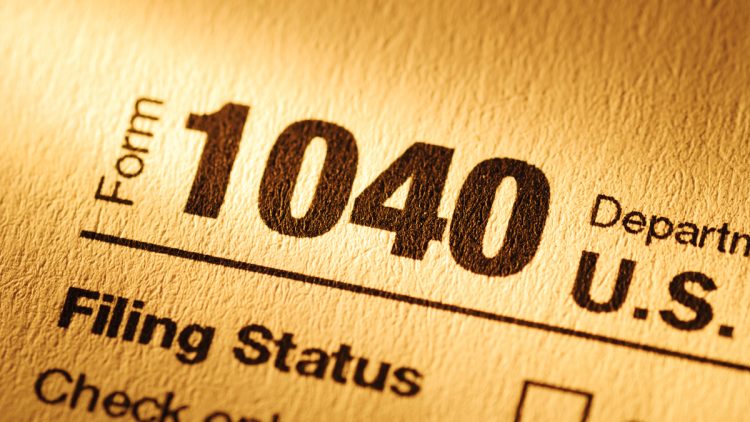Top Tax Frequently Asked Questions 2023
Are you able file your taxes or comprehend what you owe Uncle Sam? There is a strong chance you’re confused about tax regulations. On the bright side, we’ve compiled a list of answers to 5 common tax questions you may be asking — including if you should hire a tax preparer, if you should file if you’re a college student, when you’ll receive your tax refund and more.
- Should I hire a tax preparer?
If you choose to hire a tax professional is subject to your comfort level with the tax-filing procedure and the convolution of your return. If you’re seeking a tax preparer with a greater degree of experience, consider a CPA or E.A. Both professionals are required pass specific exams to get licensed.
- What is the standard deduction?
The standard deduction is an allocated amount of money of which you aren’t taxed. The total of the standard deduction that you claim is subject on your tax status and the year that you’re filing. Taxes filed in 2019, the standard deduction $12,000 for filing single and $24,000 for married couples filing together.
- When will my tax refund get to me?
When your tax refund will get to you is subject on how and when you filed. According to the IRS 90% of federal tax refunds are distributed within twenty-one days, and details are usually available within a day from when the IRS receives an e-filed tax return or 4 weeks following them receiving a traditional paper return. Utilize the IRS Where’s My Refund? device and the IRS2Go app to track it.
- Should I file taxes if I’m enrolled in college?
Prior to you filing taxes as a student going to college, think about your income and if your parents will claim you as a dependent on their taxes. Students that earn less than $12,000 don’t need to file a tax return but might still gain from filing if taxes were withheld from their paycheck or want to claim specific tax benefits like the American opportunity tax credit.
- How can I get the largest tax refund this year?
To receive the largest tax refund this year, begin to think about your tax circumstances early, preferably prior to the tax year ending. Next, consider how to make the most out of deductions through itemizing if you’re able to, declare tax credits and deductions in which you qualify for and give to your retirement accounts. When your tax situation is convoluted, think about working with an experience tax preparer.
- How do I select the preferable tax-filing software?
When evaluating the preferable tax-filing software for your circumstance, think about the costs and services offered. A great place to begin is with the dozen software businesses that work alongside the IRS-affiliated Free File Alliance. They are IRS approved and satisfy specific security and privacy conditions.
- Who is established as a dependent on my taxes?
Dependents may include qualifying children, family members and other people that you support. Dependents need to satisfy certain age, income and housing conditions.
- How can I evade IRS tax scams?
Evade typical IRS tax scams by handling suspicious or out of left field communications from alleged IRS officials with a healthy suspicion. The IRS will usually reach out by regular mail first, so be cautious of e-mails, any texts or phone calls insisting to be from the IRS. Additionally, be vigilant for poor grammar, threats of calling the police and demands for payments through gift cards or wire transfers.
- Should I choose direct deposit?
Yes, when you want to get your tax refund as fast as possible, choosing direct deposit can be faster than, for instance, petitioning a check to be mailed out.
- Can I decrease my chances of getting audited?
To decrease the chance of a tax audit, make sure there are no errors, disclose all of your income, retain correct records and stay away from illegal or inappropriate tax moves like exaggerating charitable donations.
Whereas these answers to common tax questions may help you begin in fulfilling your tax responsibilities, you might still have questions as you start to file your return. If you see any questions you do not see on this list, contact us and we will be more than happy to answer them.
Tax Settlement in Mesa, Arizona
If you need IRS Debt Help, Tax Debt Settlements or Tax Debt Advising in Phoenix, Mesa or anywhere else, Tax Debt Advisors can help! Give us a call at 480-926-9300 or fill out our contact form for a free consultation.







